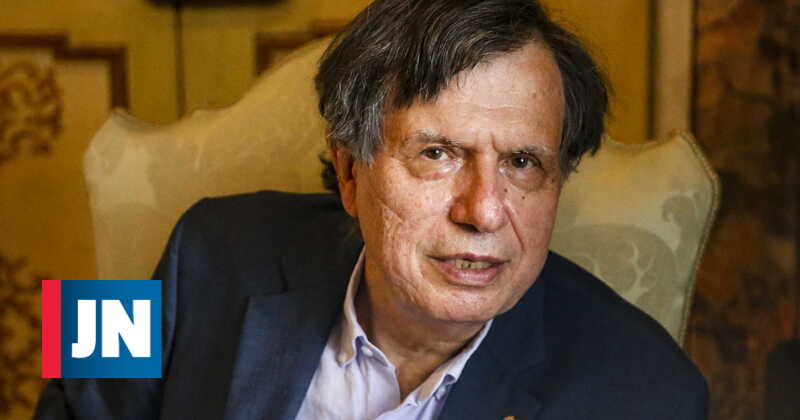Italian physicist Giorgio Baresi, one of the three winners of the Nobel Prize in Physics, this Tuesday highlighted the importance of investing in science and said he hoped the award would encourage Italy to “spend more” on research.
The physicist said in comments: “The future is made with scientific research. There are countries that spend more in proportion to their income than Italy. I hope this Nobel Prize will also be useful in encouraging Italy to spend more and invest in research.” To the Italian public television RAI.
Parisi, who shared the Nobel Prize in Physics with climate scientists Siokoro Manabe and Klaus Hesselmann, called on people in science to be “heard by politicians”, and encouraged young people to “understand their talents” so that they could give their best.
Italian President Sergio Mattarella and Prime Minister Mario Draghi congratulated the physicist on the award, while reminding the Italian prime minister that “extraordinary success” rewards an impressive career of more than 50 years, linked to crucial discoveries.
“Professor Parisi is a pioneer in theoretical research in physics and has linked his name to crucial discoveries in the field of quantum chromodynamics and the study of turbulent complex systems, from the atomic scale to the planetary scale,” said Draghi.
The Prime Minister noted that Parisi has already won some of the most important international prizes in physics and science, such as the Boltzmann Medal, the Dirac Medal, the Lagrange Prize, the Max Planck Medal and the Wolf Prize.
President Sergio Mattarella congratulated the physicist “for the high honor that honors and honors Italy and its scientific community.”
Today, the Nobel Prize jury recognized Parisi “for her discovery of the interaction of chaos and fluctuations in physical systems from the atomic scale to the planetary scale.”
These discoveries in complex physical systems allow us to understand and describe different, apparently completely random materials and phenomena, not only in physics, but also in other fields such as mathematics, biology, neuroscience and machine learning.

